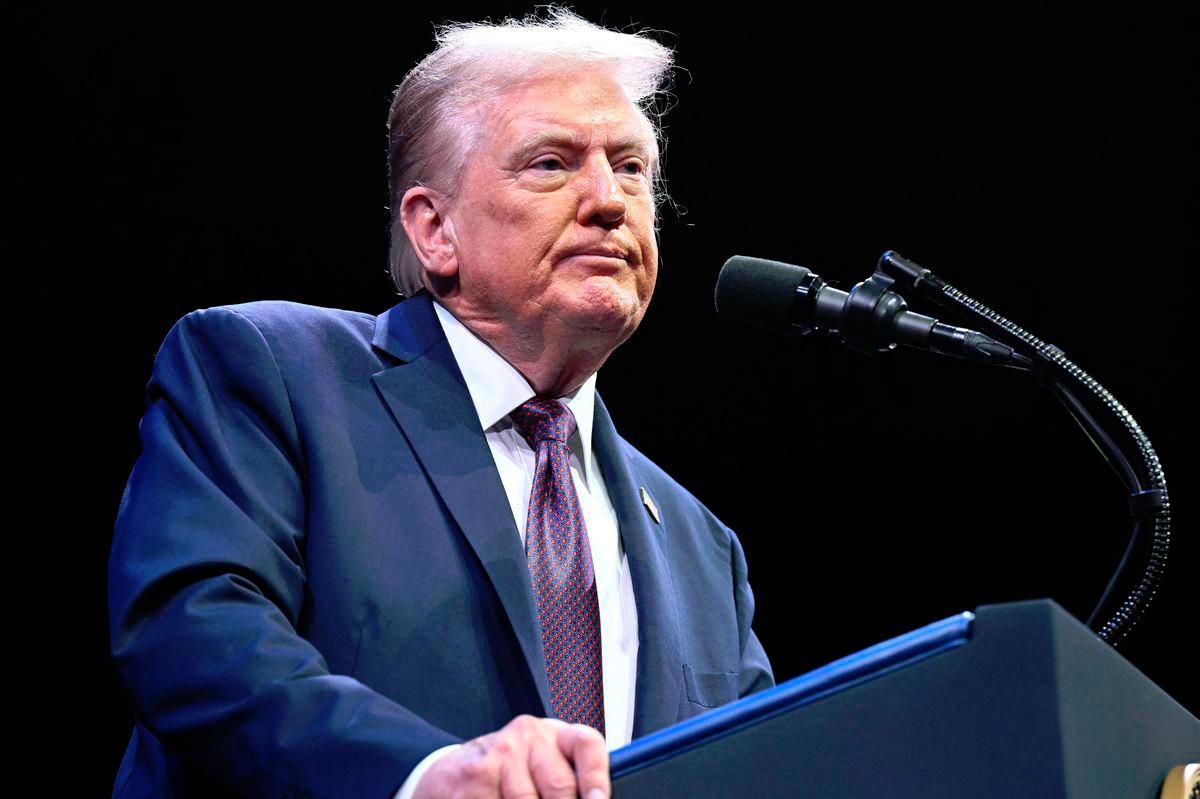WASHINGTON: The US Supreme Court has agreed to hear arguments in November regarding the legality of President Donald Trump’s extensive tariffs.
His administration requested an expedited ruling after a lower court found he exceeded his authority by using emergency economic powers to impose broad duties.
That court permitted the tariffs to remain temporarily in place, allowing the Republican leader time to appeal to the highest court.
Since returning to office in January, Trump invoked the International Emergency Economic Powers Act to impose reciprocal tariffs on nearly all US trading partners.
These include a baseline 10% rate with higher levels for dozens of economies such as the European Union and Japan.
He used similar powers to levy separate tariffs on Mexico, Canada, and China, citing the flow of dangerous drugs into the United States.
Multiple legal challenges have been filed against these tariffs, leading to a significant court ruling last month.
The US Court of Appeals for the Federal Circuit ruled 7-4 that many of the levies were illegal, upholding the lower court’s decision.
This ruling also raises questions about the validity of trade deals Trump struck with key partners like the EU.
It creates uncertainty over billions of dollars in tariffs already collected if the Supreme Court does not support Trump’s position.
The administration argued last week that an expedited ruling is necessary to preserve the tariffs and protect trade negotiations.
Trump continues his efforts to negotiate trade agreements despite ongoing legal and diplomatic challenges.
He announced on Tuesday that talks with India would continue despite recent tensions over tariffs.
“I am pleased to announce that India, and the United States of America, are continuing negotiations to address the Trade Barriers between our two Nations,“ Trump wrote on his Truth Social platform.
He expressed confidence that both countries would reach a successful agreement without difficulty.
Trump also revealed plans to speak with Indian Prime Minister Narendra Modi in the coming weeks. – AFP









